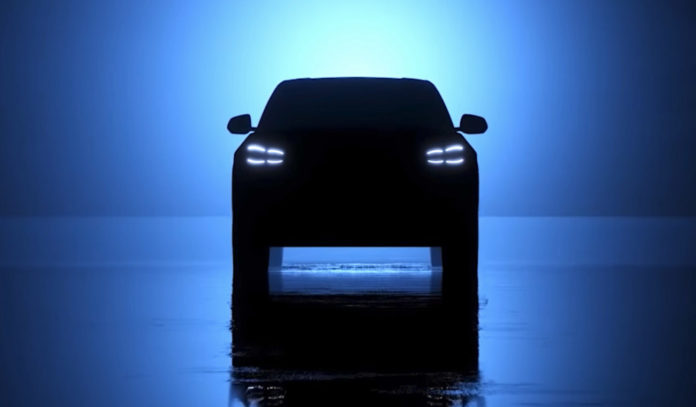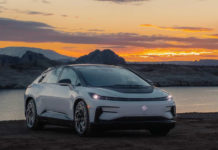Ford and Volkswagen on Monday confirmed an expansion of their relationship around electric vehicles, resulting in a second electric vehicle based on VW’s MEB platform for EVs, as well as a longer-term plan to double Ford’s volume of models on that platform to 1.2 million units over a six-year span.
Ford has confirmed that the first model from the brand to use VW’s underpinnings will be a crossover, due to be made in Cologne, Germany, starting in 2023. Ford teased a photo of the vehicle (shown below) on Monday.
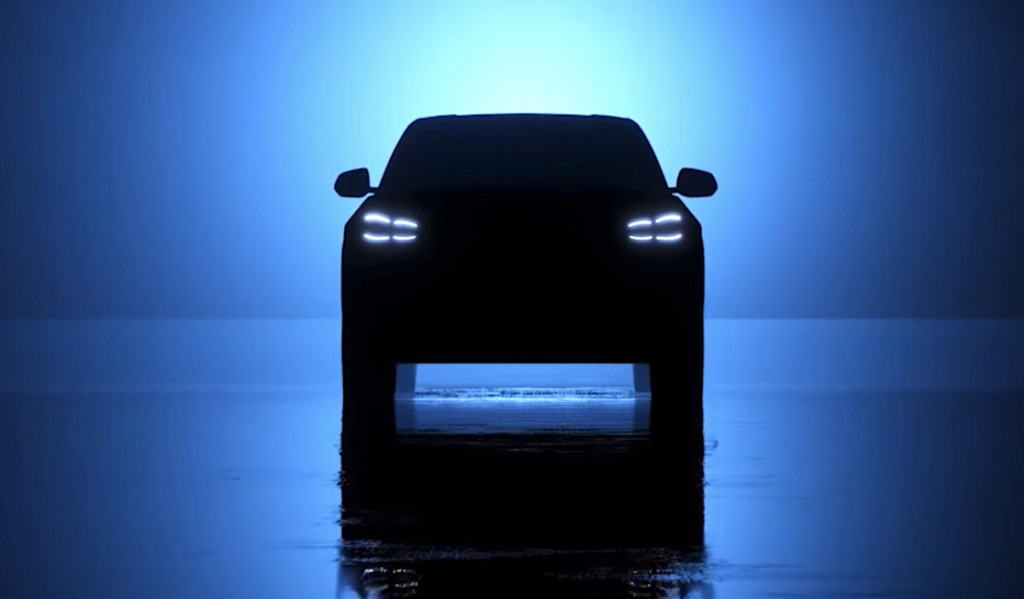
Ford MEB-based electric crossover due in 2023 (Europe)
A total of 600,000 units of that model were planned, but with the addition of a second model, the number of total vehicles to be built has doubled.
The “strategic alliance” with VW will play a key part in Ford’s EV plans, which now include seven fully electric passenger vehicles and vans for Europe by 2024—or nine vehicles, including the commercial sector.
Ford also confirmed that it will launch an all-electric version of its Puma compact crossover, coming in 2024.
The European expansion builds on the company’s recent announcement that it will form a new business unit, called Model E, around the design, production, and distribution of electric vehicles.
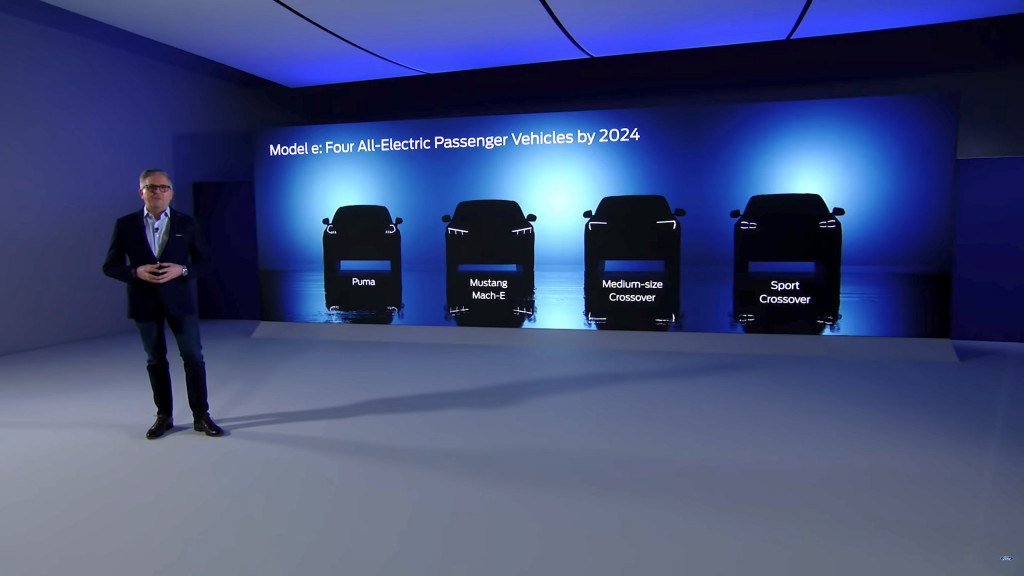
Ford EV plans for Europe
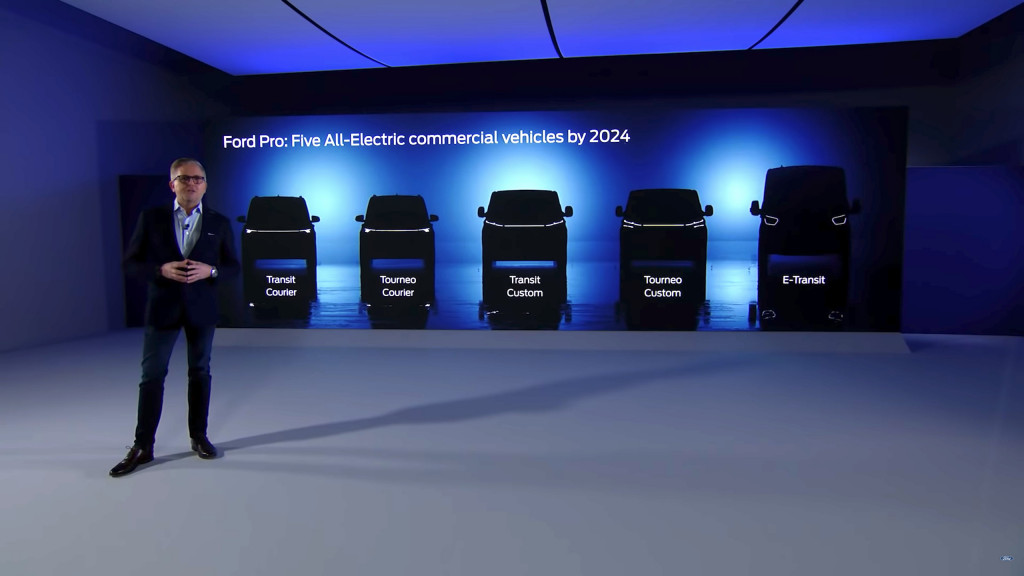
Ford EV plans for Europe
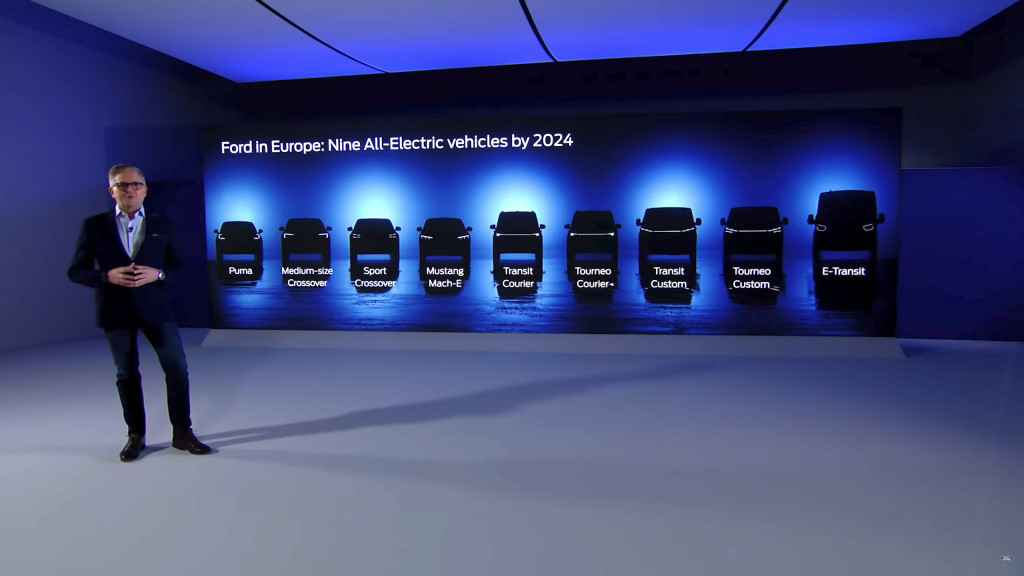
Ford EV plans for Europe
To complement the Ford push, the U.S. automaker entered a non-binding agreement with a branch of SK Innovation and Koç Holding to form what it says will be one of Europe’s largest commercial-vehicle battery production sites, in Turkey. The partnership calls for 35-45 GWh of capacity to arrive as soon as mid decade.
Ford plans a global goal of more than 2 million EVs annually by 2026. In Europe, it plans to sell more than 600,000 EVs by then.
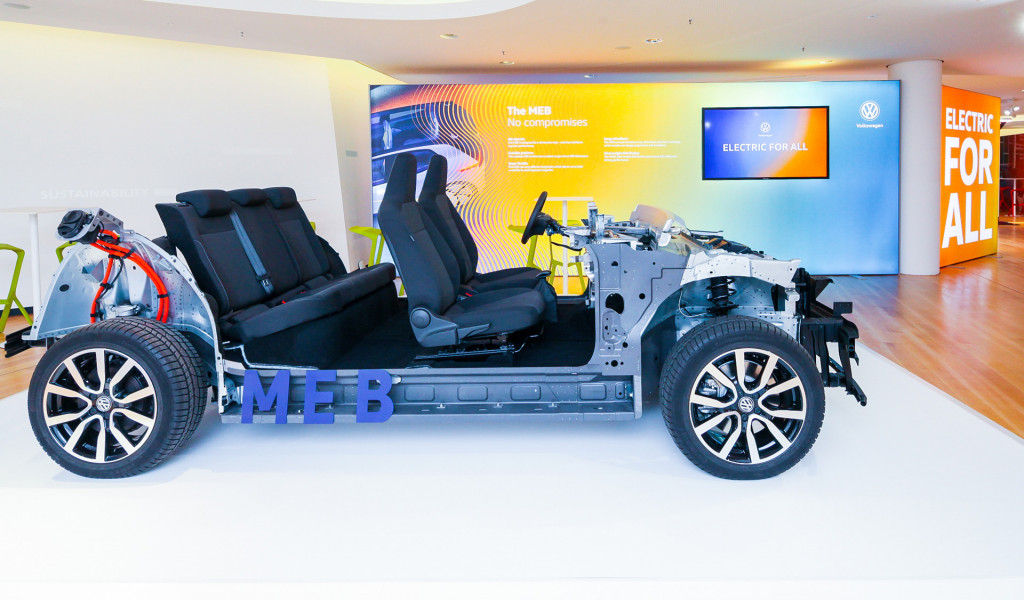
Volkswagen Group MEB modular electric car platform
VW says that the MEB platform is already the technology base for ten EVs from five brands. It was used to build about 300,000 EVs in 2021, including the ID.Buzz electric van that was shown last week and is due in the U.S. in 2024.






